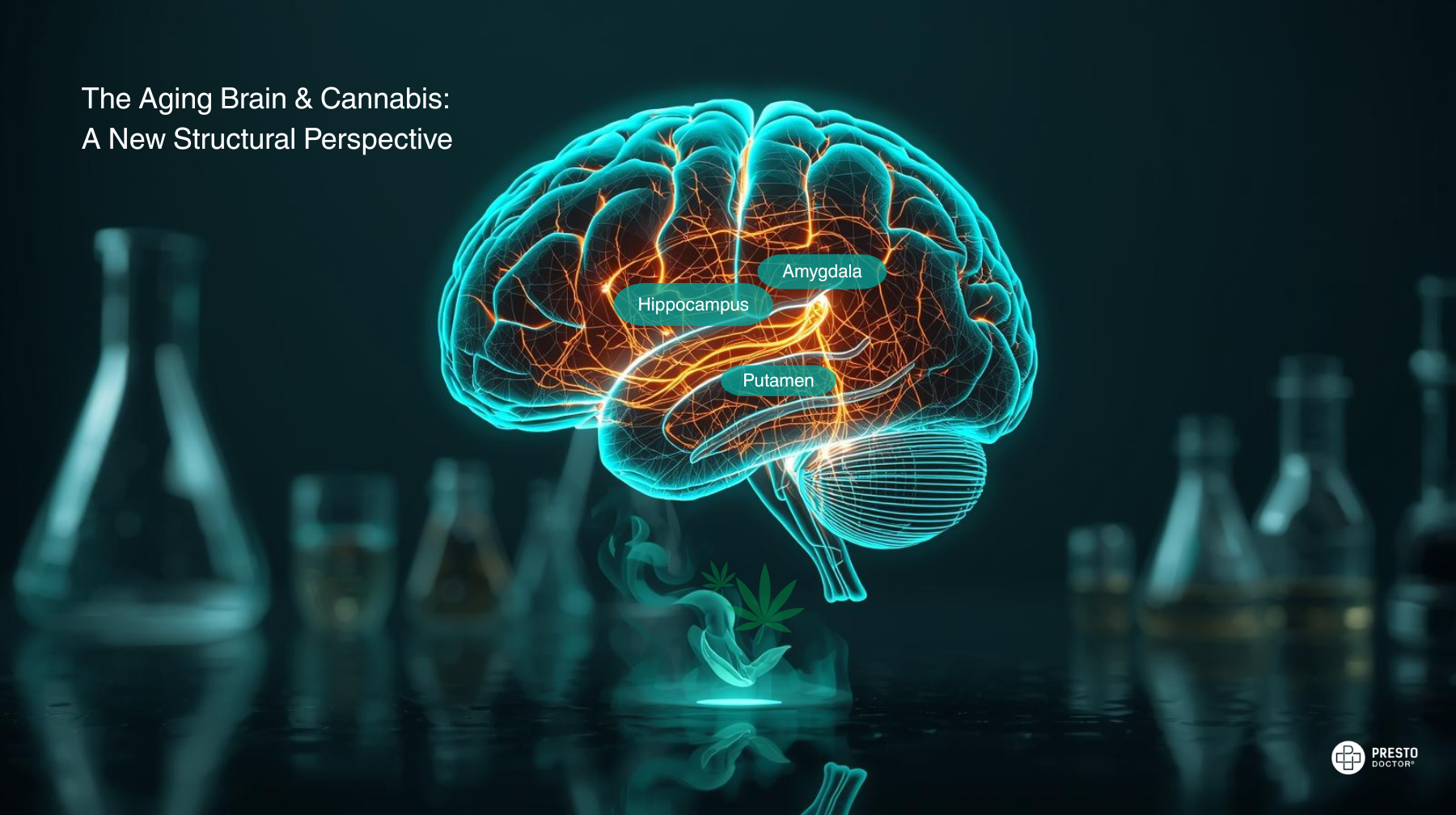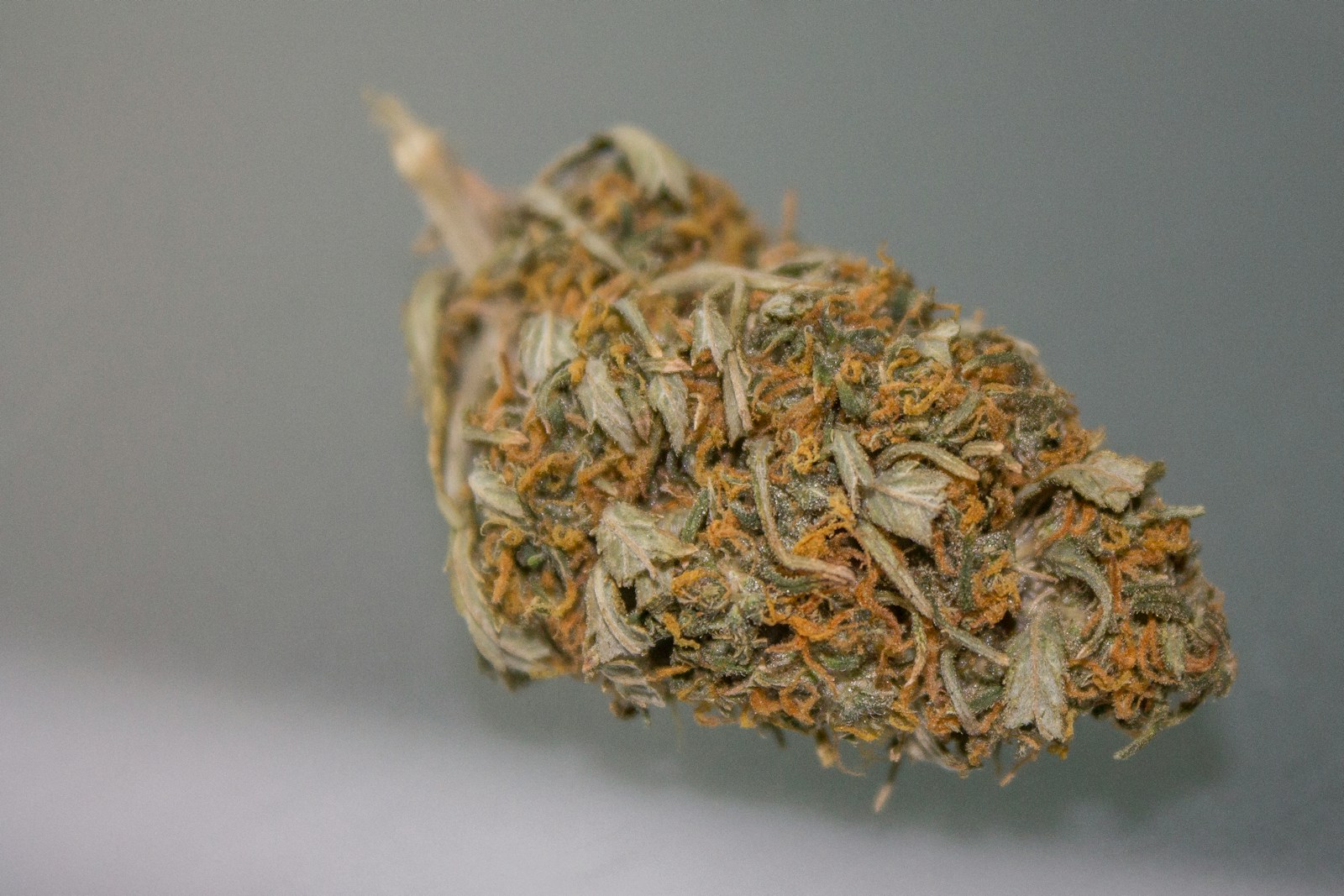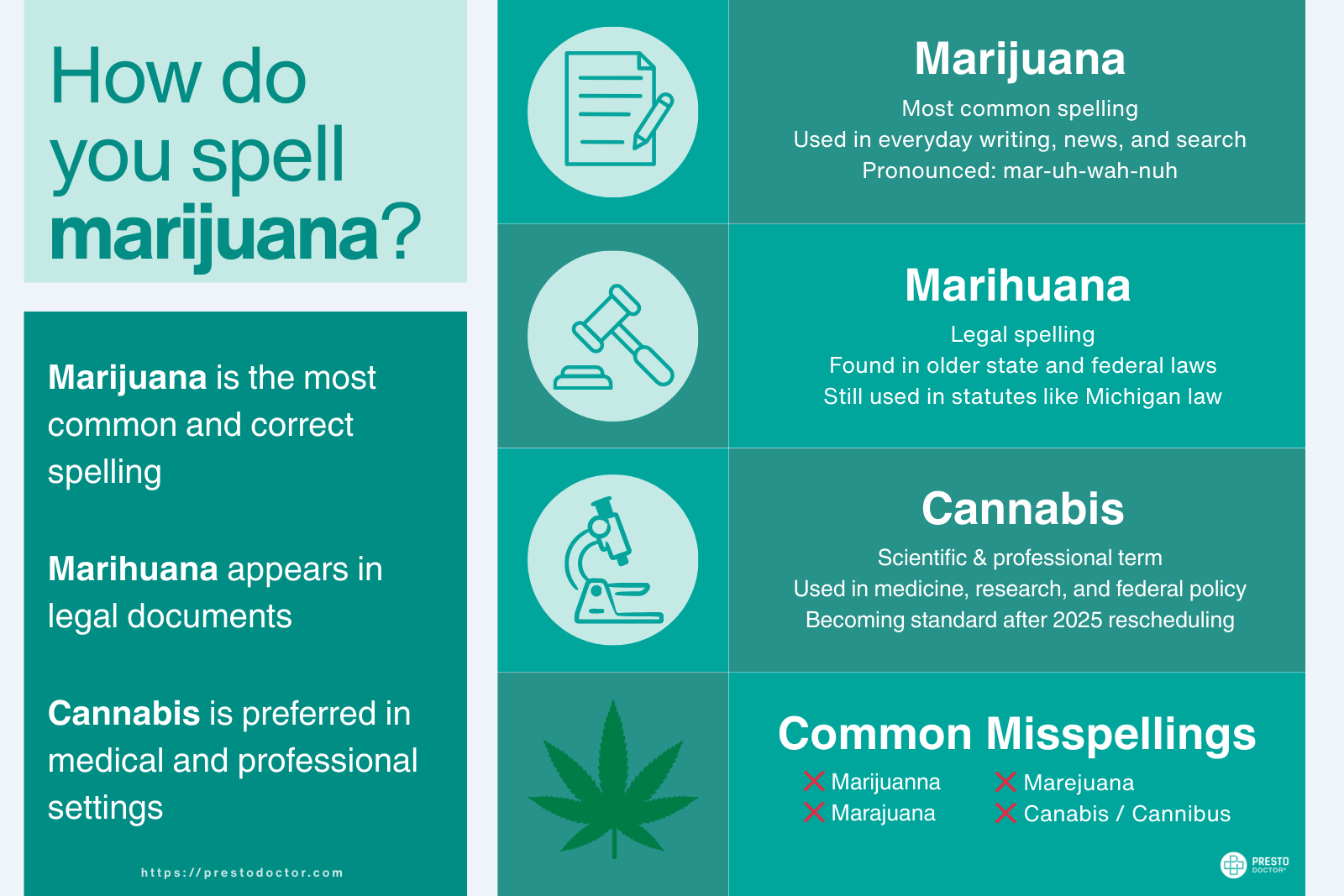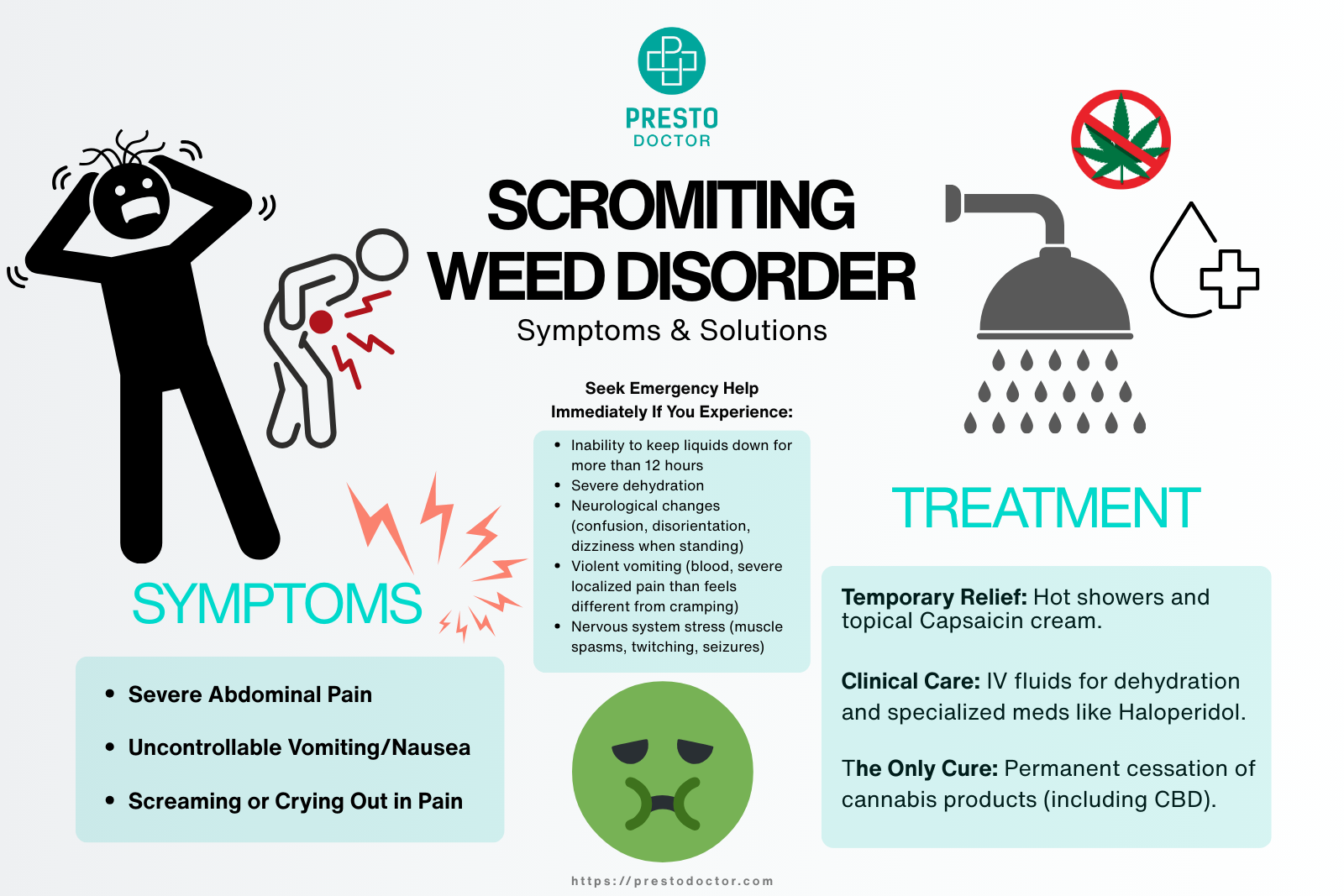
As of mid-2025, the legality of Delta-8 THC in Texas hangs in the balance.
While it was widely available across smoke shops and wellness stores in previous years, new legislation is pushing for a statewide ban. Consumers, patients, and hemp retailers alike are left asking the same question:
Is Delta-8 still legal in Texas? What are the current delta 8 laws in Texas and is it banned? Continue reading to stay in the know about everything related to Texas hemp, THC, and the differences of delta 8 vs medical marijuana.
What Is Delta-8 THC?
Delta-8 THC is a psychoactive compound derived from hemp. It’s often marketed as a legal alternative to marijuana, offering similar effects to Delta-9 THC (the main compound in cannabis) but in lower potency.
While federally legal under the 2018 Farm Bill, Delta-8’s legal status in Texas is no longer clear-cut.
The 2025 Crackdown: SB5 and the Future of Delta-8 in Texas
In early 2025, lawmakers introduced Senate Bill 5 (SB5)—a piece of legislation intended to ban all intoxicating cannabinoids, including Delta-8, Delta-10, THCA, HHC, and even products containing trace amounts of THC.
While an earlier version (SB3) was vetoed by Governor Greg Abbott in June, SB5 has passed the Texas Senate and is currently under House review during a special session.
Key Points of SB5:
- Bans any consumable hemp product with intoxicating THC variants
- Limits THC content to no more than 3mg per serving
- Adds labeling, registration, and also age restrictions (21+)
If signed into law, Delta-8 THC would become illegal in Texas in most retail forms.
Is Delta-8 Legal in Texas Right Now?
Short answer: Technically, yes—but likely not for long.
Until SB5 is enacted and signed, hemp-derived products like Delta-8 remain accessible. However, many counties are already cracking down or ceasing enforcement due to the pending bill.
⚠️ Retailers may still sell Delta-8 for now, but customers and businesses should prepare for immediate enforcement once the bill is passed.
Delta-8 vs. Medical Marijuana in Texas
If you’re using Delta-8 for pain relief, anxiety, or sleep, it may be time to switch to a legal and more consistent option:
Low-THC cannabis through the Texas Compassionate Use Program (CUP)
With legal uncertainty surrounding Delta-8 THC in Texas, many consumers are looking for the difference of delta 8 vs medical marijuana.
Why Medical Marijuana Is Safer in Texas vs Delta 8:
| Feature | Delta-8 | Medical Cannabis via CUP |
|---|---|---|
| Legality | Uncertain | 100% Legal (HB 46) |
| Doctor Oversight | ❌ | ✅ |
| Product Quality | Unregulated | Lab-Tested |
| State Protection | ❌ | ✅ |
| Availability | May be banned | Available via licensed dispensaries |
How to Qualify for Legal Medical Cannabis in Texas
Under HB 46, Texas allows patients to access low-THC cannabis if they meet qualifying conditions such as:
- Chronic pain
- PTSD
- Crohn’s disease
- Glaucoma
- Degenerative disc disease
- Traumatic brain injury
- Terminal illness
A licensed telehealth cannabis doctor will complete your Texas medical marijuana evaluation. If you are approved, your prescription is securely entered into the CURT registry—no physical card needed.
Learn how to get your medical marijuana card online in Texas »
What This Means for Texans Using Delta-8
If you currently rely on Delta-8 for therapeutic use, be aware:
- The legality is likely to change rapidly
- You may face possession issues or product unavailability
- There’s no medical protection under Texas law unless you’re in the CUP system
The best way to ensure long-term access to cannabis-based therapy is to go through Texas’ legal program.
Visit the Texas State Medical Marijuana page to start your journey
FAQs- Is Delta 8 Legal in Texas?
Not yet—but pending legislation (SB5) is expected to ban Delta-8 and other hemp-derived cannabinoids soon in Texas.
If SB5 passes, possession or sale could result in misdemeanor or civil penalties. Enforcement would begin as early as Fall 2025.
No. Delta-8 is not a part of the Texas’ CUP program. Only low-THC cannabis from licensed dispensaries is allowed.
Schedule a telehealth evaluation with a CUP-certified doctor and get a legal prescription through the state system.
Related Articles
Texas Medical Marijuana State Page






